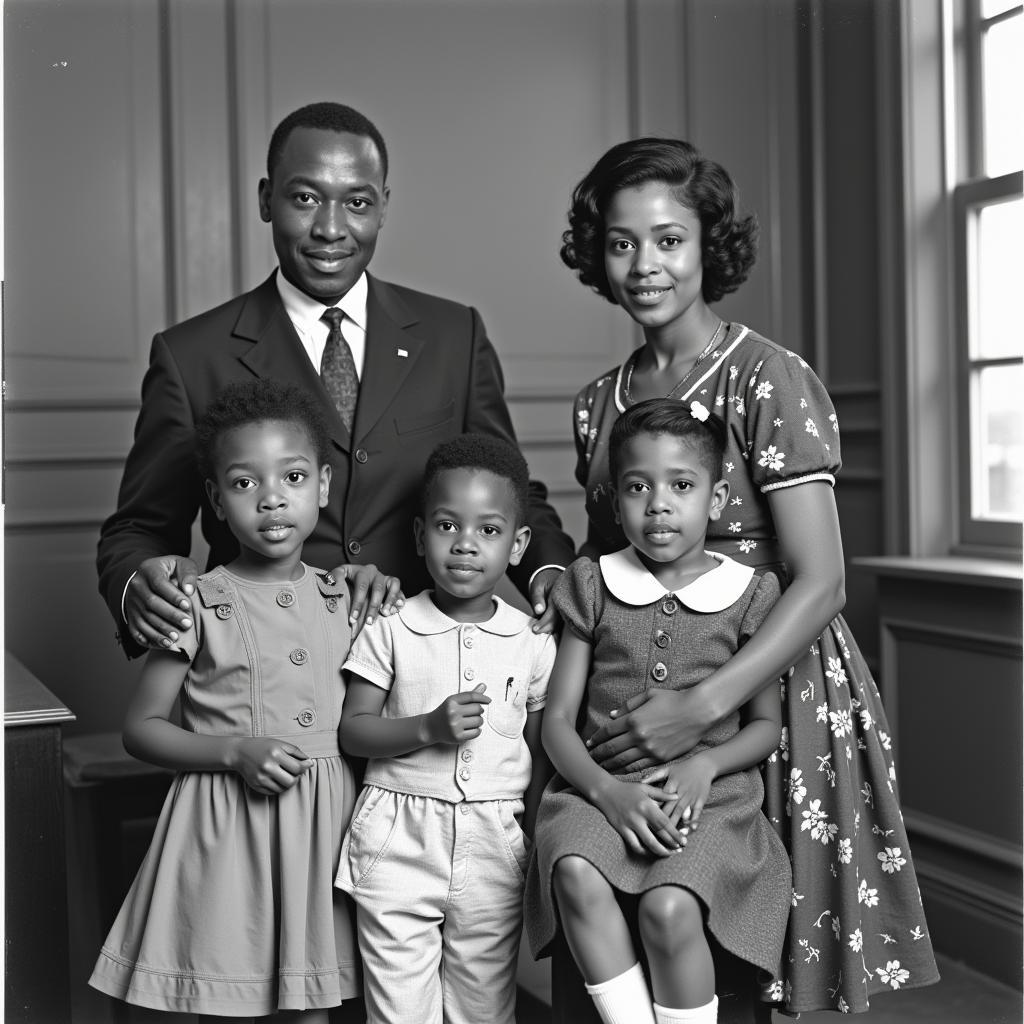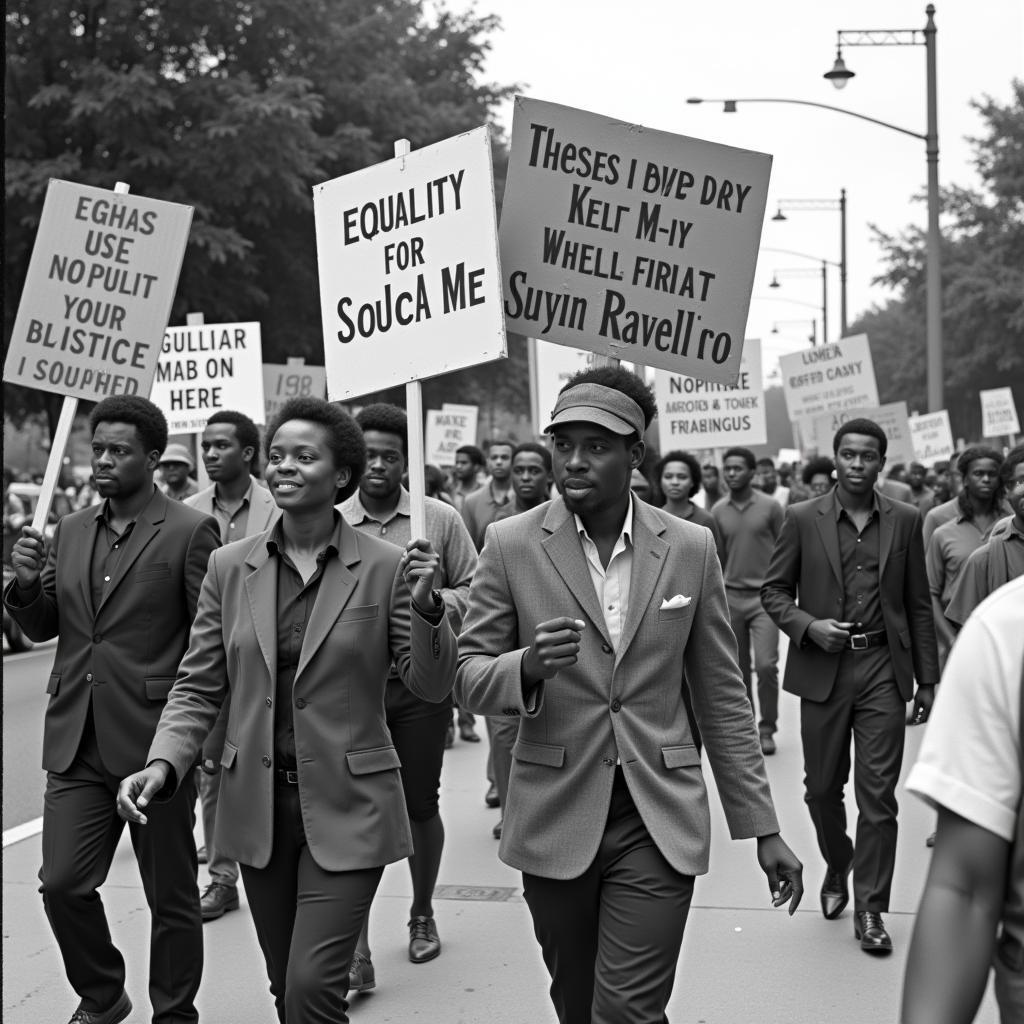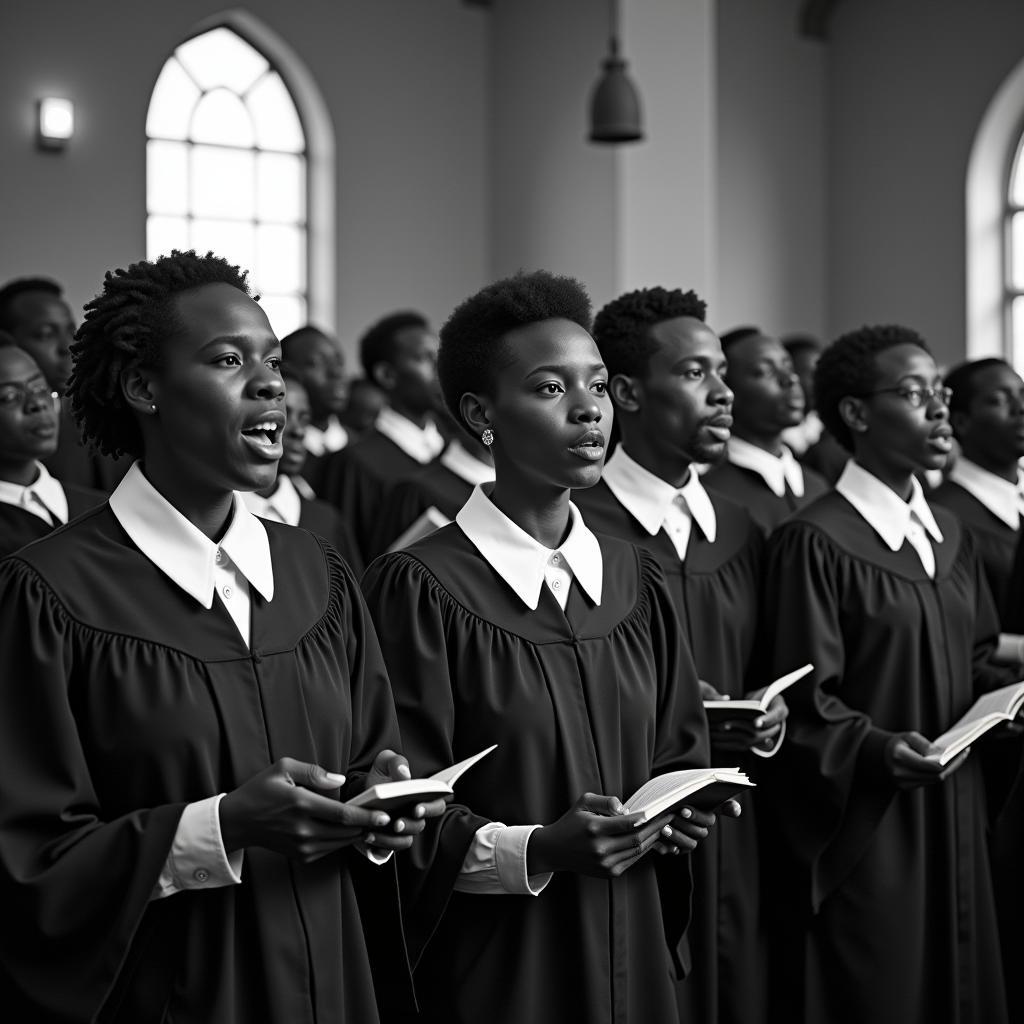African American Names in the 1950s: A Glimpse into a Transforming Era
African American names in the 1950s reflected a unique period in American history. This era saw a shift in naming conventions, influenced by both tradition and the burgeoning Civil Rights Movement. We’ll explore the popular names, their origins, and the cultural context surrounding African American naming practices in this transformative decade.
Popular African American Names of the 1950s
The 1950s saw a mix of traditional biblical names and names reflecting a growing sense of cultural pride. Names like James, Robert, and John remained popular for boys, often passed down through generations. For girls, Mary, Patricia, and Linda were common choices. However, a subtle shift began to emerge. Increasingly, parents looked towards names that celebrated their heritage, drawing inspiration from African history and culture. This trend, while still in its early stages, foreshadowed the more pronounced embrace of culturally significant names in the decades to come.
After this initial shift in naming conventions, parents started to choose more meaningful names based on African American stories.
 1950s African American Family Portrait
1950s African American Family Portrait
The Influence of the Civil Rights Movement
The burgeoning Civil Rights Movement undoubtedly impacted naming practices, though its full effect would be more apparent in later decades. The 1950s laid the groundwork for a renewed sense of identity and self-worth within the African American community. This growing awareness began to influence personal choices, including the names parents chose for their children. The fight for equality and the rejection of imposed norms fostered a desire for self-expression, reflected in the gradual shift away from strictly European names.
Names started reflecting elements of the struggles faced, inspired by stories of African American female sportspeople who broke barriers.
 Civil Rights March in the 1950s
Civil Rights March in the 1950s
Beyond the Common: Unique and Emerging Trends
While traditional names remained prevalent, a closer look reveals the emergence of distinctive naming trends within the African American community. Parents began exploring names with deeper meanings, sometimes drawing inspiration from literature, music, or historical figures. This subtle shift signaled a growing desire to break free from conventional naming patterns and embrace a more personalized approach. These emerging trends laid the foundation for the more diverse and expressive naming practices that would characterize subsequent decades. Understanding these nuances provides valuable insights into the cultural landscape of the 1950s.
For many African Americans, defining their identity became crucial. The question of what is the African American definition played a significant role in their lives.
Regional Variations in African American Names
It’s crucial to acknowledge regional variations in African American naming practices during the 1950s. Different parts of the country had unique cultural influences, reflected in the names chosen for children. For instance, names common in the South might differ from those favored in the North or West. These regional variations provide a fascinating glimpse into the diverse experiences and traditions within the African American community. Further research into these regional nuances can enrich our understanding of the broader cultural landscape of the era.
 African American Church Choir in the 1950s
African American Church Choir in the 1950s
The influence of music, especially the evolving African American music timeline, also impacted naming choices. The rise of jazz and blues provided inspiration for unique and stylish names. Likewise, the presence of African American model ramp started influencing naming conventions, showcasing elegance and sophistication.
Conclusion: A Foundation for Future Generations
African American names in the 1950s provide a window into a period of significant transition. While traditional names persisted, the seeds of change were sown, reflecting a burgeoning awareness of cultural identity and the struggle for civil rights. These naming patterns laid the groundwork for the more expressive and diverse naming practices seen in later decades. Examining African American Names 1950s offers a valuable understanding of this pivotal era in American history.
FAQ
-
What were the most common African American names in the 1950s?
Common names included James, Robert, John, Mary, Patricia, and Linda. -
How did the Civil Rights Movement influence naming practices?
It fostered a growing sense of self-worth and cultural pride, leading to a gradual shift away from strictly European names. -
Were there regional differences in African American names?
Yes, different parts of the country had unique cultural influences reflected in naming choices. -
Did any unique naming trends emerge in the 1950s?
Parents began exploring names with deeper meanings, inspired by literature, music, or historical figures. -
Why is it important to study African American names from this era?
It provides insights into the cultural landscape and the evolving sense of identity within the African American community. -
Where can I find more information about African American names in the 1950s?
Historical records, census data, and cultural archives offer valuable resources for further research. -
How did these naming patterns influence later generations?
They laid the groundwork for the more expressive and diverse naming practices seen in subsequent decades.
Here are some other questions you might be interested in exploring:
- What were the traditional African naming customs?
- How did slavery impact African American naming practices?
- What are the most popular African American names today?
For any further assistance, please feel free to contact us. Call: +255768904061, Email: [email protected] or visit us at Mbarali DC Mawindi, Kangaga, Tanzania. Our customer service team is available 24/7.



